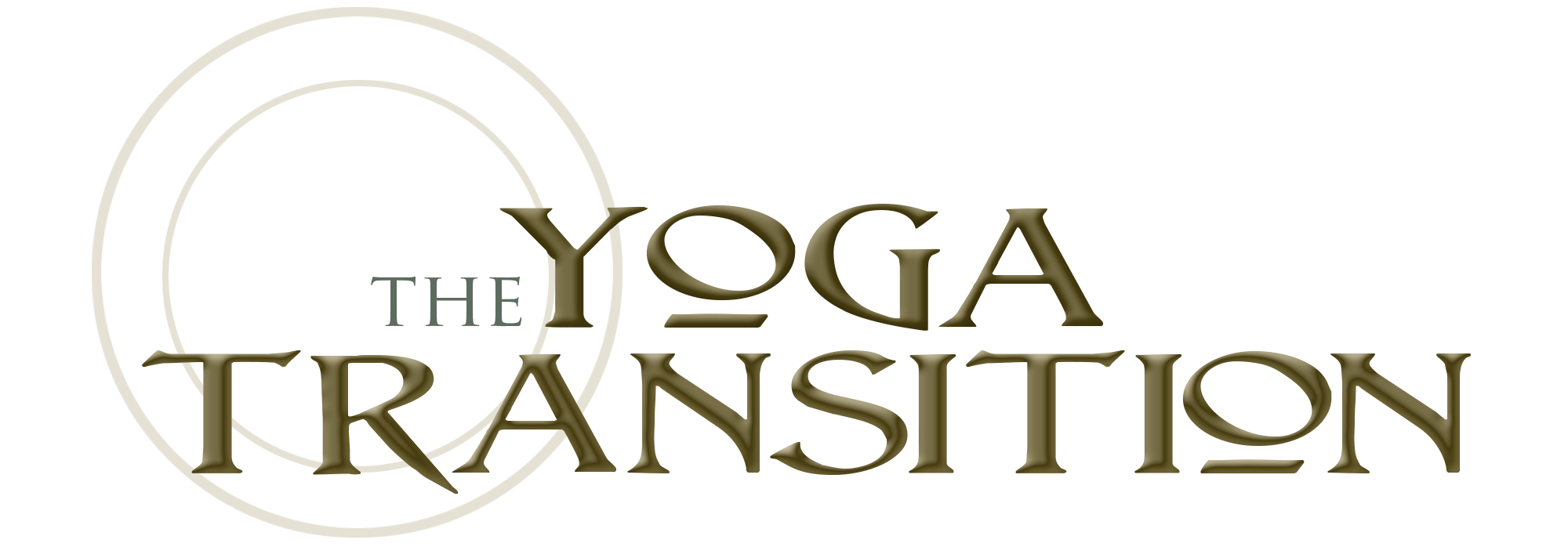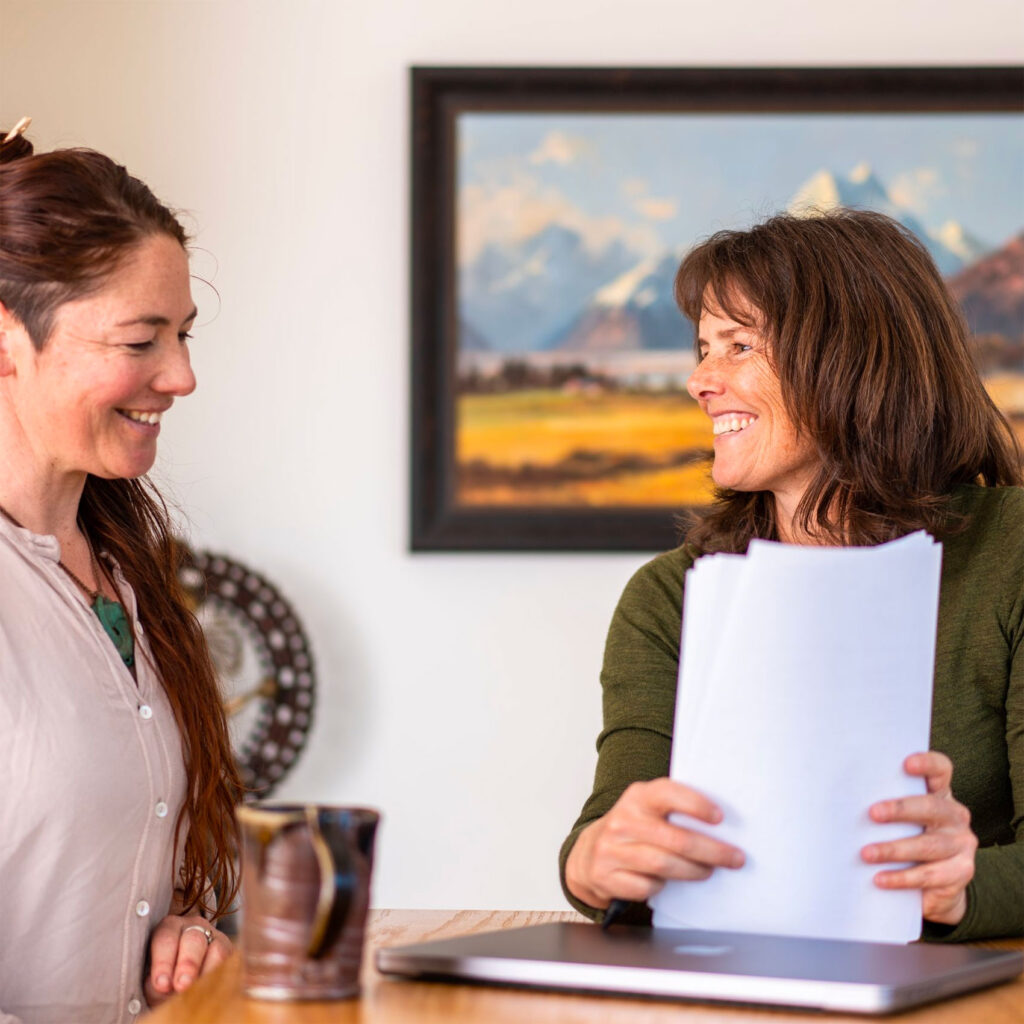
Hatha Yoga Teacher Training
As one of, if not the most widespread types of yoga, Hatha yoga appeals to busy Western audiences owing to its intentionally slow paced movements, focus on breath work, and focus on the body, energy, and mind.
Hatha Yoga Teacher Training
We all know yoga is a science, along with an art, with balance and spirituality at its centre – and this is exemplified by Hatha yoga, for which experienced teachers are highly valued.
While there are numerous Hatha yoga teacher training programs available, not all are personally run by someone of master teacher status. Fewer again focus on personalised mentorship, with most training taught en masse to large groups. Many of these courses are geared towards the offer of an overwhelming amount of content, as opposed to a structure where the focus is on the individual’s art of teaching, and mastery of the delivery itself (such as how to cue effectively without demonstrating) – which is the benefit and approach of mentorship.
The Yoga Transition’s Hatha yoga mentorship program goes beyond just the physical part of the practice, enabling our client teachers to be well rounded in all aspects of their yoga teaching practice.
Contact us to find out more.
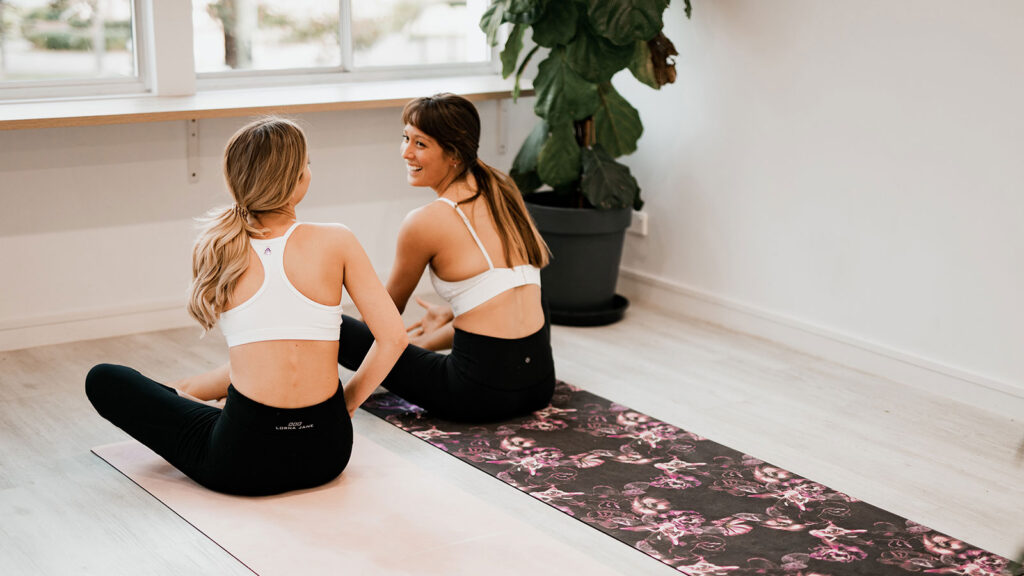
Are you longing for community and collaboration?
By the very nature of teaching yoga, teachers are often isolated with minimal interaction with other yoga teachers. In this environment, improving and maturing your craft can be difficult as you lack opportunities to connect and learn from peers.
That’s where a structured mentorship environment can help.
The Yoga Transition invites yoga teachers across the globe to join a collaborative community to learn, connect, and enhance their teaching skills with a master teacher - Susan Allen.

Do you want to improve and innovate your teaching?
While many students begin their yoga journey seeking physical wellbeing, the path a teacher walks offers further self-realisation and purpose.
Yoga teachers constantly seek to improve their knowledge of yoga as well as their relationship with students but this can be difficult when you do not have a community of teachers or a mentor for collaboration.
Our yoga teacher mentorship breaks down the common challenges faced by yoga teachers and provides a customised framework for progressing their practice and their teaching skills
We are here to guide you beyond your initial training and experience. Our objective is to refine your understanding of the practice, strengthen your teaching skills, and to provide a community where you can flourish.
What is included in Hatha yoga?
Hatha yoga is one of the more traditional styles of yoga the west has inherited from India. Yoga, as presented in the classic fifteenth-century Sanskrit text the Haṭha Yoga Pradīpikā, has been adapted to a western audience to become the Hatha yoga we see taught in studios now across the world.
While the term is a relatively generic one (which tends to be used erroneously as a catch all for yoga types where asana postures are involved), Hatha yoga is a deeper practice than just stretching, with energy, mind, and body aspects all contributing to a well-rounded Hatha yoga practice.
Hatha yoga classes tend to be slower and gentler on the body by nature, with focus on breath work, controlled asana movements, and the kind of stretching that many people associate with yoga. Postures are often practised as singular, individual postures rather than in a flowing, linked manner where the postures are more interrelated.
Being a slower and more gentle style of yoga compared to others such as Ashtanga, some students that begin with Hatha yoga may be more encouraged to make yoga a regular practice for themselves; it is less intimidating for beginners. By first learning Hatha yoga, students may be more likely to embrace yoga as a practice, as it gives them the opportunity to develop the flexibility and understanding required for some of the more advanced and strenuous yoga styles, such as Vinyasa. There is also more space within a Hatha yoga class; this enables a teacher to build a strong relationship with their students, which further serves to enhance the overall experience.
The Yoga Transition takes a collaborative approach to Hatha yoga teacher training, emphasising the slow pace, and encouraging our client teachers to be intentional and thoughtful in their sequence presentations.
How to convey the transformative benefits of Hatha yoga
As Hatha yoga teachers, we have been fortunate to experience the transformative benefits of the practice. But imparting this acquired knowledge and understanding to our students in clear, succinct language can be a challenging skill to develop.
For those lucky enough to have trained in Hatha yoga in India they will have been surprised by the lack of attention given to alignment in asana. However in a western teaching context this is less acceptable and for some Hatha yoga teachers there is a need to learn more about posture alignment and biomechanics to keep students safe and prevent injury which is not uncommon in yoga unfortunately.
Some Hatha teachers may also benefit from learning more about sequencing – how to design themed/intentional practices that result in change and have impact for the body, breath or mind.
The Yoga Transition can help you develop your cueing skills, which will allow you to teach Hatha yoga without demonstrating. This ability to instruct a practice with relevant, succinct and creative cues allows you to be more interactive within the class environment and thereby cultivate a more intimate relationship with your students.
We will also show you how to cultivate a keener awareness within your own practice so you can accurately convey your personal insights to your students.
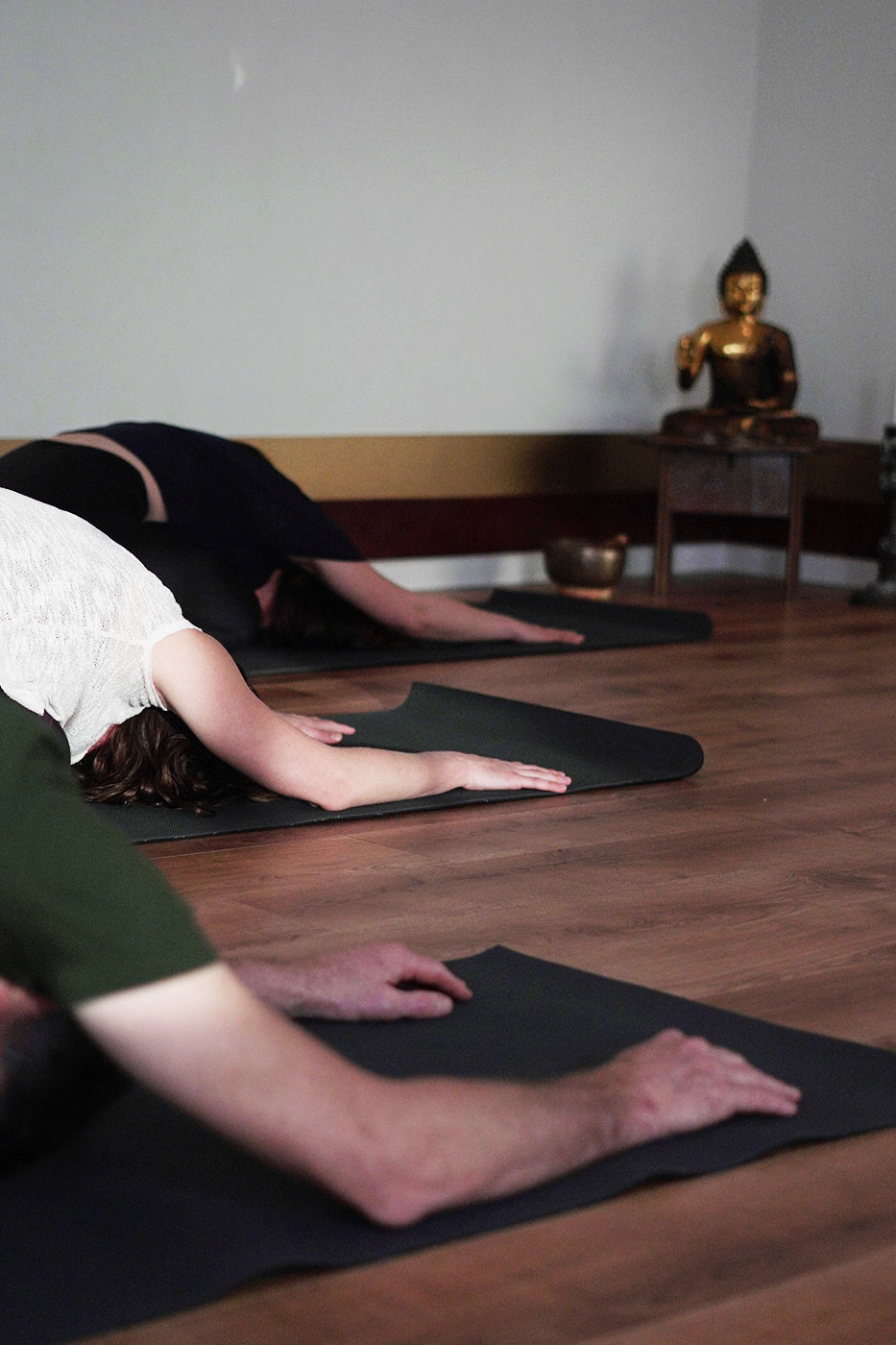

Why consider mentorship
Mentoring with a master teacher provides you with a clear path to professional development. You will receive personalised guidance on topics ranging from your personal practice, to your teaching skills, to how to move forward with your yoga career.
Most yoga teachers begin their yoga journey in a particular style or tradition, such as Hatha or Vinyasa. This is useful as the formula of a particular style gives a clear structure to the learning. Then as one’s yoga journey continues, it is common to dabble in different yoga styles and to become curious about previously unexplored aspects of the practice. As the yoga path continues to evolve, we find our own blend – a style of practice and teaching that is unique to our own interests and knowledge that we have accumulated over the years. At this stage, mentoring is at its most effective, guiding and honing to help the teacher find their own voice, to express their individuality, and discover their interpretation of yoga. Working with a yoga mentor will help bring structure and clarity to their unique offering to their students.
Seize the opportunity for personal and career development and to share in Susan Allen’s 20 years experience running multiple yoga studios, teacher trainings, immersions, and retreats.
What will our mentorship cover?
Our mentorship program will cover the following key topics:
- How to teach a holistic practice with the incorporation of the 8 limbs and move the focus beyond just a physical practice
- How to develop an authentic teaching style by drawing on your personal experiences
- Developing your capability to create effective, artful sequencing, including safe sequencing that respects the body’s biomechanics and patterns
- How to cue effectively without demonstrating so you can be more interactive with your students.
- How to incorporate the principles and practice of meditation into your asana classes
- How to respect the physiology of breathing and understand its significance within the asana practice
- Develop a framework for progressing from the superficial to the subtle both within your own practice as well as in your teaching skills.
- How to start a yoga studio, organise retreats, workshops and immersions
- How to turn your yoga teaching into a successful business
In order to effectively craft your yoga career path, we will work with you to:
- Identify the knowledge and skills you need to improve
- Develop your personal practice and understanding of yoga
- Set achievable and measurable goals
- Be accountable for your development
What our experience means for you
At the heart of The Yoga Transition is master teacher Susan Allen, an experienced practitioner and teacher of Hatha yoga.
Two decades on, Susan’s yoga journey continues to evolve and flourish, with Susan crediting her most meaningful growth to the gift of mentoring from the world-class master teachers she has been fortunate enough to study with during her travels.
Susan brings all of this experience to her mentoring. Harnessing her practical and technical skillset, she understands and teaches yoga pragmatically, creating a safe and collaborative space for personal development; disseminating all she has learnt over the years in easy to digest modules, covering personal and professional growth goals.
Develop your yoga teaching style with mentorship
At The Yoga Transition we celebrate individuality through:
- Steering your practice and teaching in the direction that most interests you
- Encouraging you to discover your unique voice
- Guiding you to develop a teaching methodology that has both integrity and individual authenticity.
Once you have completed your initial teacher training, contact us to find out how mentorship can bring you to the next level.
